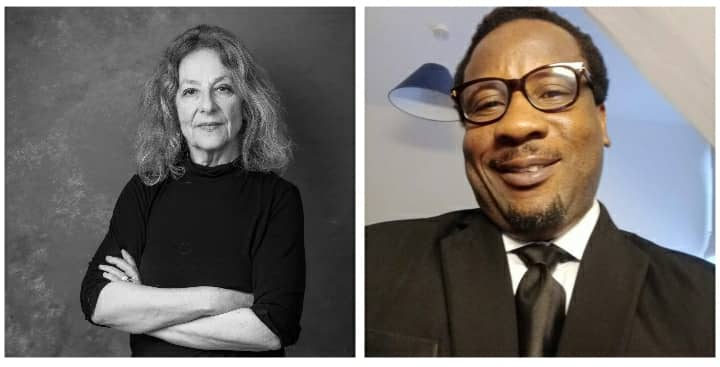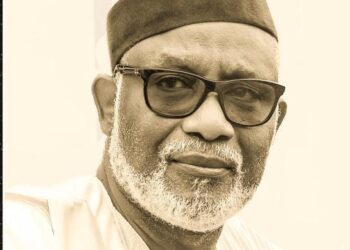I’d like to say how honoured I was to be chosen to be part of the team of five judges for the English Category of the PAWA’s African Prize For Poetry competition.
The judges, who were from diverse parts of the continent, included Professor Kwadwo Opoku-Agyemang, (Ghana), John Rusimbi (Rwanda), Dr Idris Okpanachi (Nigeria), Lilian Aujo (Uganda) and me from South Africa.
In the collections I read I was struck by the recurrence of several themes, germane to the experience of the continent’s exploitation from without and within, extending from to colonialism to the corruption and venality of present rulers. As well as dealing with the ghosts of wars that continue to haunt the present and their antithesis, natural beauty, and love, in all its manifestations, one theme speaks directly to our task as judges. This is the vocation of writing poetry whose very life lies in the perceptions of readers, who are too often cruel, often blind.
Criteria nonetheless apply and include a combination of language, rhythm, imagery, an element of surprise, the clarity and coherence with which these convey the poet’s message and their impact. My batch of collections included poets who conjured, among others, Christopher Okgibo, Langston Hughes, and Amiri Baraka, Dambudzo Marachera and a host of martyred leaders. A young poet from Nigeria, labelled a “digital wanderer”, whose work aims to fuse the gods of the Yoruba pantheon with history and tech points to a possible future poetics.
Our journey began in December 2021, when we five judges on the panel received our share of a pile of 106 entries, chosen at random by the PAWA team. We were asked to select three collections from that pile. Thus, a longlist of 15 books was announced on 31 January, 2022.
The judges were asked to choose the best of our three chosen collections for the shortlist by 15 February, 2022. We now had a shortlist of five compelling poetry collections, which included Echezonachukwu Nduka’s Chrysanthemum for Wide-eyed Ghosts; Tanure Ojaida’s A Poetic Diary of the Coronavirus Epidemic, Servio Gbadamosi’s Where the Light Enters You, Olumide Olaniyan’s Akimbo in Limbo and Obari Gomba’s The Lilt of the Rebel.
Elsewhere in his collection, this gifted poet asks why we are uneasy when he talks about “the evils that rip out our hearts and lungs”. His poetry speaks directly to our hearts
The judges were asked to score each of these collections out of 20 marks, so that a final winner could be chosen by February 28. In the interests of transparency, we received an excel sheet with these scores ahead of the online award ceremony on 3 March.
In many diverse ways, the poetry collections depict a brokenness that is the consequence of racism and despair, the suffering of the heart, the search for inclusivity and healing, the search for sense amid chaos.
The winner we chose is Obari Gomba, whose lyrical, angry, often surprising collection, The Lilt of the Rebel, talks of the vital need for resistance. “I live with the Englishing of my thoughts. And when people say my language is broken, I laugh because English is always broken. It is broken German and broken Latin and a blatant theft of all things broken.”
Elsewhere in his collection, this gifted poet asks why we are uneasy when he talks about “the evils that rip out our hearts and lungs”. His poetry speaks directly to our hearts.
Before signing off, with my thanks to Dr Wale Okediran, PAWA’s Secretary General, and the PAWA team for affording me the opportunity to take part in this wonderful journey, in the spirit of inclusivity, amid the preponderance of male poets, I’d like to appeal to African women poets to enter this competition.
Thank you.





